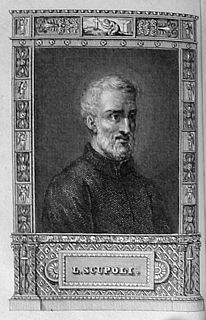A Quote by Pope Agapetus I
When we associate with the virtuous we form ourselves in imitation of their virtues, or at least lose, every day, something of our faults.
Related Quotes
What I am suggesting is that each of us turn from the negativism that permeates our society and look for the remarkable good among those with whom we associate, that we speak of one another’s virtues more than we speak of one another’s faults, that optimism replace pessimism, that our faith exceed our fears. When I was a young man and was prone to speak critically, my father would say: “Cynics do not contribute, skeptics do not create, doubters do not achieve.































